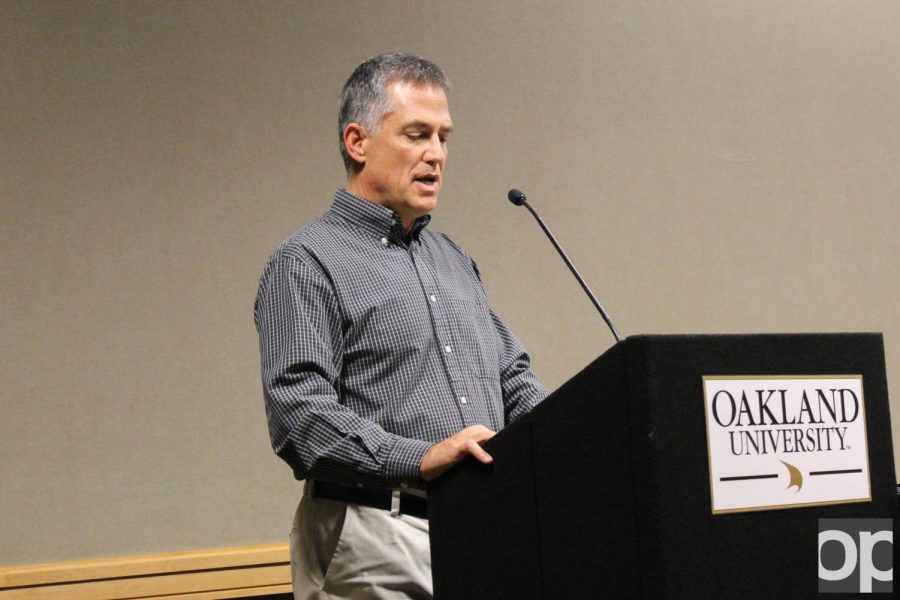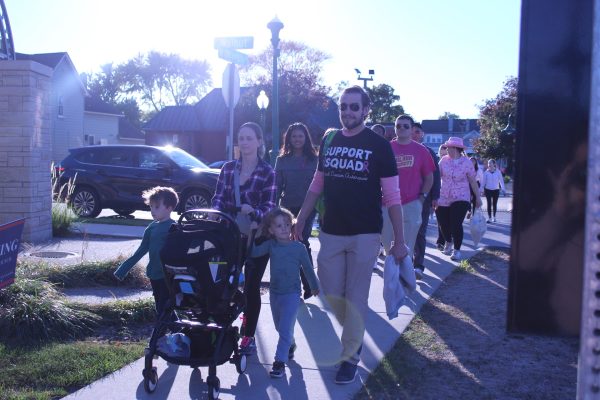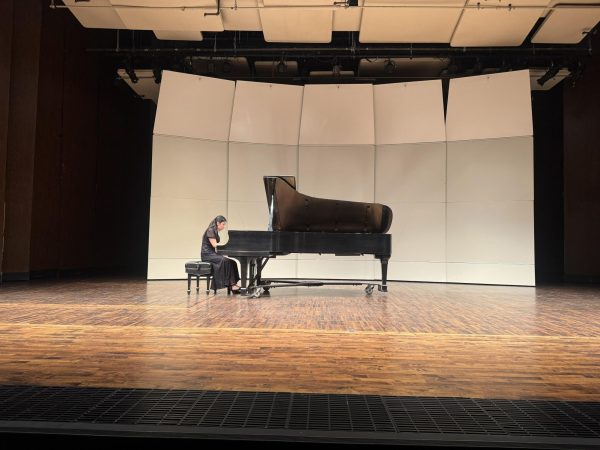The art of oral history projects
Dan Clark reminds listeners that history is often subjective, and gives tips on recording histories from firsthand accounts.
On Oct. 19, Oakland University hosted the second installment of the 2017-2018 History Comes Alive Lecture Series in the Oakland Center.
“This is the fourteenth year of this series, so it’s going strong,” said Todd Estes, a professor of history at OU and the opening speaker of the lecture.
Dan Clark, a professor of history at OU, was this lecture’s speaker. He has published multiple oral history works and was at the event to share his tips and tricks with students, faculty and members of the community.
“It’s [oral history] a way that historians, or any of you, could research a recent past,” Clark said. “It’s a great tool to have in your research toolbox.”
Clark defines oral history as the interviewing of eyewitness participants for purposes of reconstruction of history and the recorded interviews of past events and ways of life.
“History has been transmitted orally for hundreds of years,” he said. “It has always had an international scope.”
While the practice is not a new one, oral history was, and still is, sometimes seen as subjective and not trustworthy.
“Memory isn’t just a warehouse,” Clark said. “It’s a constant construction and reconstruction of history.”
Clark recalled the oral historian Alessandro Portelli from Italy who combatted critics head on.
Portelli’s retelling, “The Death of Luigi Trastulli,” tells the story of an Italian man who was killed during a protest, exploring an event in which people remembered something completely opposite to the facts of the case.
Accounts placed Trastulli at a protest against NATO where he was killed. However, he was actually killed during protests against layoffs at a local steel plant in a different year.
“On the one hand, that might prove that oral history is just too subjective to be reliable,” Clark said. “These people just have it wrong and the facts demonstrate it. Portillo insisted otherwise, that the wrong stories reveal much about the interests, the dreams, the desires of those who told them.”
Regardless of the inconsistencies of the details, the culture and mindsets that were transcribed were still accurate and relevant to historical accounts, according to Clark.
He also offered tips to pursue an oral history project based on his own experiences, covering everything from the importance of open ended questions, to making sure your equipment is working, to legal consent considerations. He even stressed the importance of humility and gratitude toward the interviewee as an element to the process.
“The interviewee is granting you time and access to their personal lives,” Clark said. “You have to be grateful for that. You might be frustrated with some of the responses that you hear, you might be critical of them, but that person is giving you a gift and you have to honor that.”
For Clark and other historians like him, oral history accounts have provided important information not just for their projects but for the overarching effort to document all elements of history.
“The interviews that I have conducted have been some of the highlights of my professional life,” he said. “They’ve taught me so much, including a sense of wonder about how much we will never know about the past, when you think about the stories that we won’t hear.”





